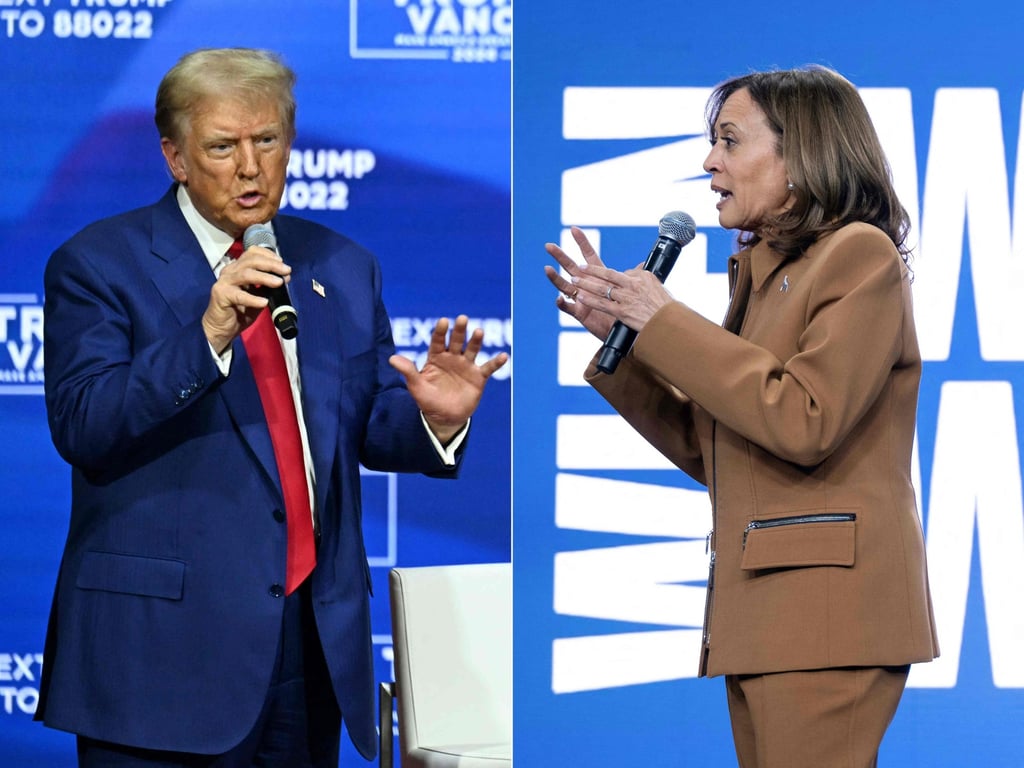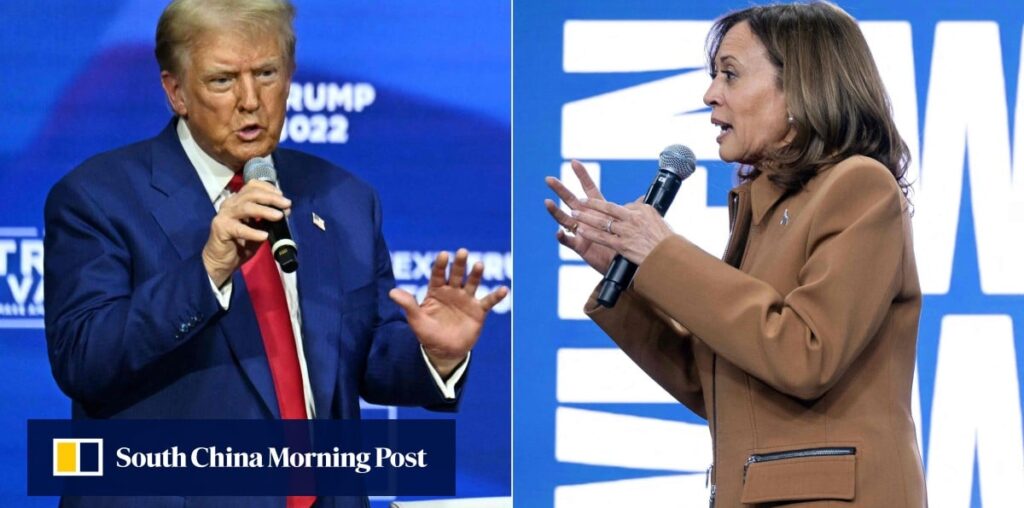With the US presidential election just days away, the Philippines watches with bated breath, aware that the outcome could redefine the two countries’ defence relationship. Will the winner be Donald Trump, whose past tenure in the White House suggests a transactional approach, or Kamala Harris, who promises continuity and a renewed commitment to alliance?
Both candidates have largely kept their positions on the South China Sea under wraps throughout the campaigns, even as the US and the Philippines have deepened their longstanding security alliance. This year, Washington has pledged an unprecedented US$500 million in military aid, a significant boost aimed at fortifying Manila’s military modernisation amid rising tensions with China in the disputed waters.
In past engagements, both candidates have identified China as America’s foremost competitor. Harris declared at the Democratic Convention that “America, not China” will prevail in the competition for the 21st century, promising the US would not “abdicate its international leadership”. Trump, meanwhile, has consistently advocated for imposing stiff tariffs on Beijing to protect the US economy.
Analysts predict the candidates will adopt differing strategies regarding Washington’s ties with the Philippines, based on their views of China.

‘Familial’ vs transactional
A Harris administration may continue the supportive policies of President Joe Biden, while a Trump presidency could shift gears, observers say.

